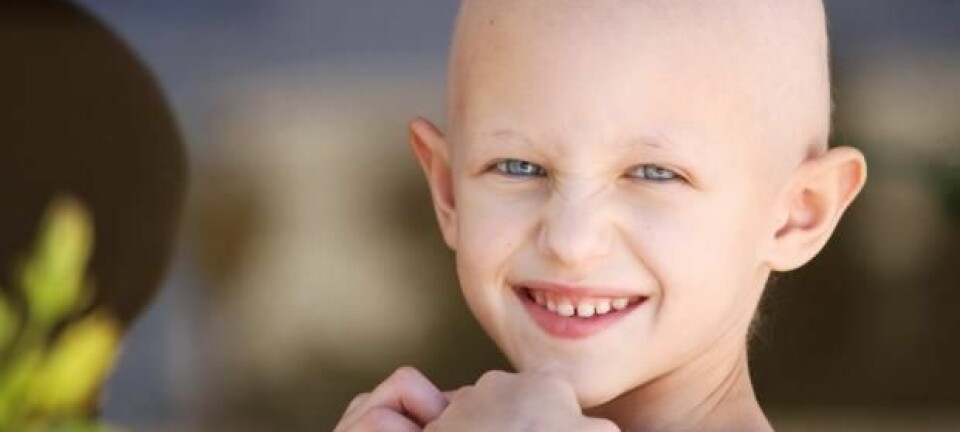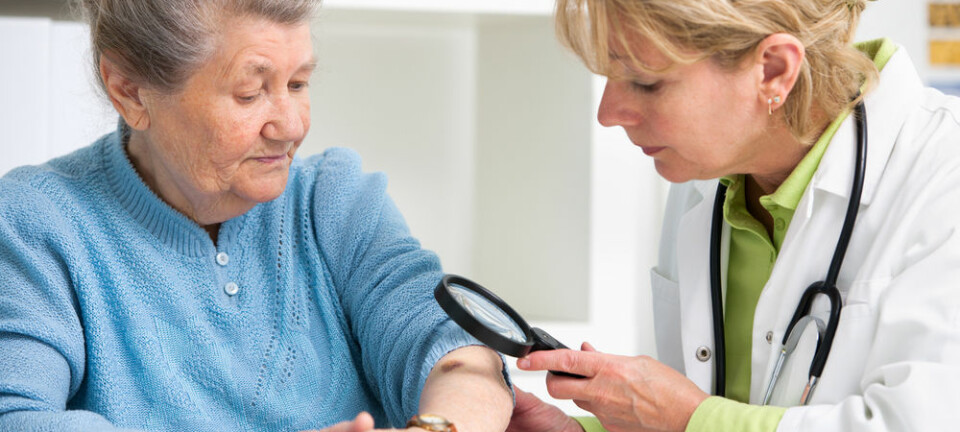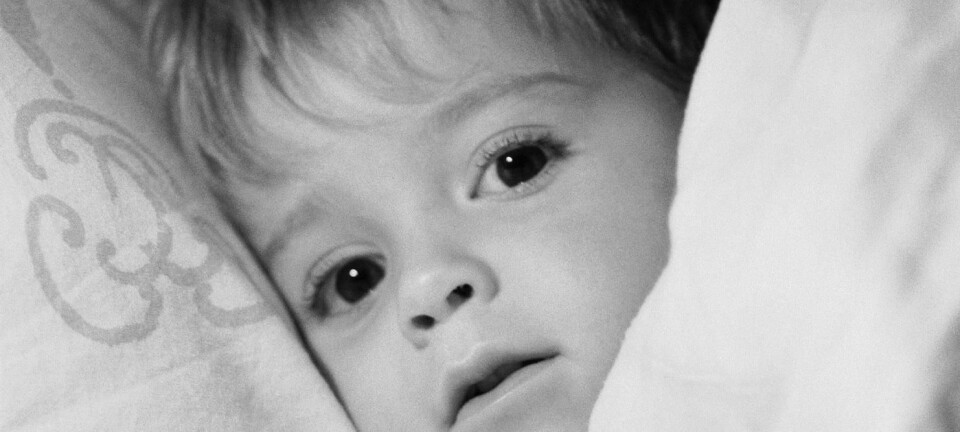
Children more likely to survive cancer if parents live together
A new study has found a correlation between family form and the survival chances of a child cancer patient.
A new study suggests that cancer-stricken children are more vulnerable if their mother or father lives alone, or when the child patient shares the parents’ attention with one or more siblings.
"It’s important that we put these figures out. There’s no doubt that we do the best we can on the hospital wards, but we must discuss how we can do even better and ensure that no children fall through net," says co-author Susanne Dalton, senior researcher at the Danish Cancer Society.
The new study uses national registers of cancer patients in Denmark, which includes all the children between the age of 0 and 19 years that were diagnosed between 1990 and 2009.
Dalton and her colleagues compared survival rates with parental education and income, as well as the family form.
They saw a correlation between family form and survival rate, where children of single parent families or children with one or more sibling was less likely to survive.
Parental income and mother’s education do not correlate significantly with survival rates.
The increased risk is not huge, but it is significant, says Dalton.
Disease is extra tough for a struggling family
But although the study suggests an unequal chance of survival, it cannot say why this might be.
Dalton speculates that it may be related to the stress that accompanies severe diseases such as cancer.
During treatment and once discharged, parents have to monitor their child’s progress, and look for signs that they might be unwell or may need to change treatment.
It is important to act in time, and this responsibility can be hard for a family that is already challenged by their child’s illness, says Dalton.
In this context, two parents who support each other or being an only child with undivided attention, are likely to be a huge advantage.
Support, attention, and communication can make the difference
The parents' level of education could help parents communicate with health professionals, and good communication could help doctors make an even bigger difference than they already do, says Dalton.
"The family form isn’t a huge risk factor, but it’s something we should be aware of. As health professionals, we must keep in mind that people are not equal. You cannot do anything about that but you can do something to help give them an equal chance [in their treatment]," says Dalton.
Important study, but a small data set
Clinical Professor Merete Osler, from the Research Centre for Prevention and Health and Department of Public Health at the University of Copenhagen, Denmark, was not involved with the study but she has worked extensively on similar studies.
She thinks it is important to look at how social positions affect patients’ chances of survival.
"I think it's an exciting study. Denmark is one of the few countries in the world where you can make such studies because we have so many good health records," says Osler.
She also points out that the study has some limitations.
"They haven’t looked at whether there is the same difference in the mortality rate of children who have siblings or live with one parent and who don’t have cancer. Maybe there are underlying factors that explain the excess mortality among socially vulnerable children. But this doesn’t mean that we shouldn’t draw attention to particularly vulnerable groups," says Osler.
She notes that the data set is relatively small as child cancer is relatively rare, and fewer still die from it.
“This [small dataset] may explain why the classic social indicators, such as income and education, rather surprisingly don’t correlate,” says Osler.
“It may well have been different if they’d had a slightly larger data set," she says.
--------------
Read the Danish version of this story on Videnskab.dk
Translated by: Catherine Jex











